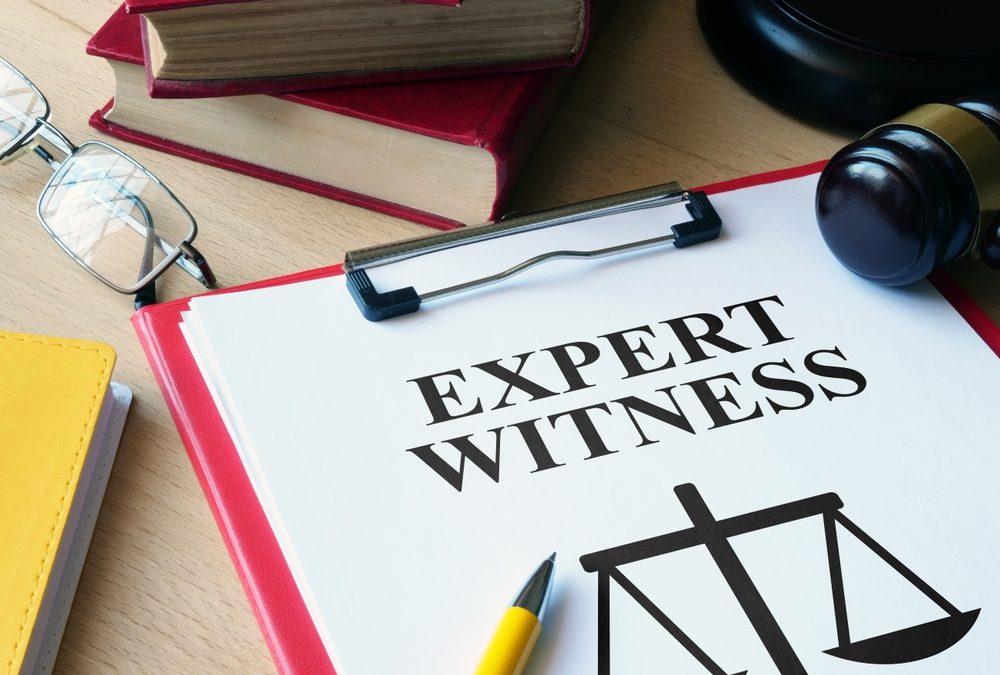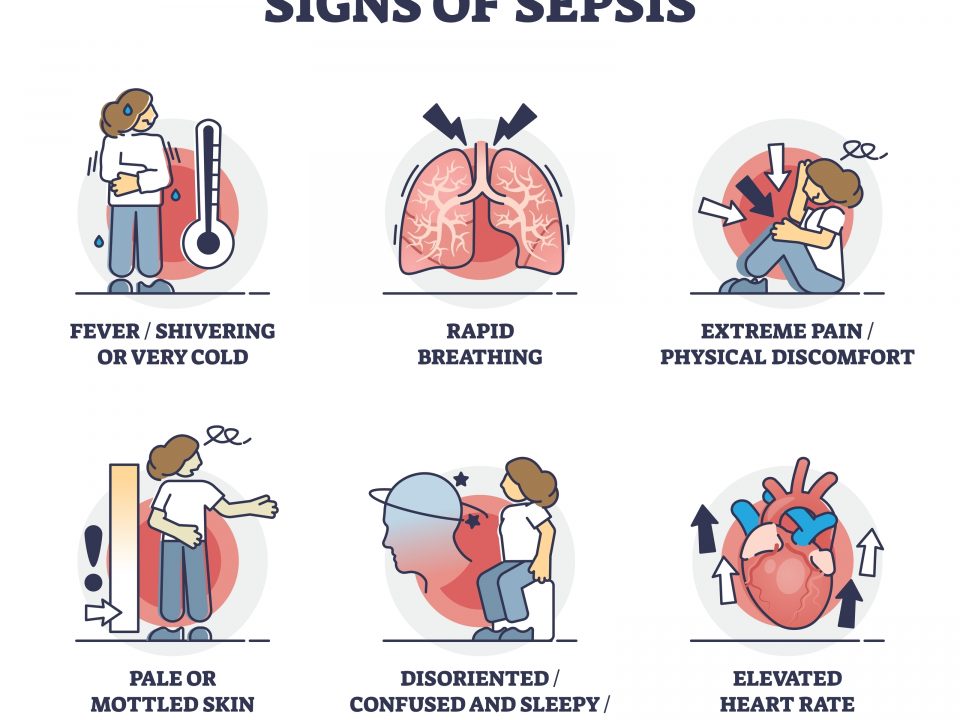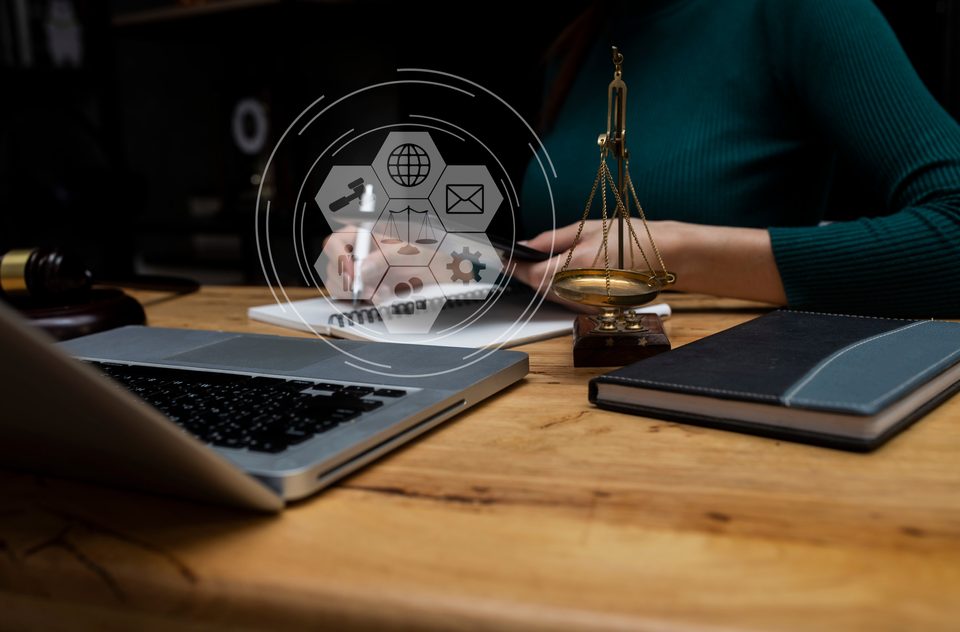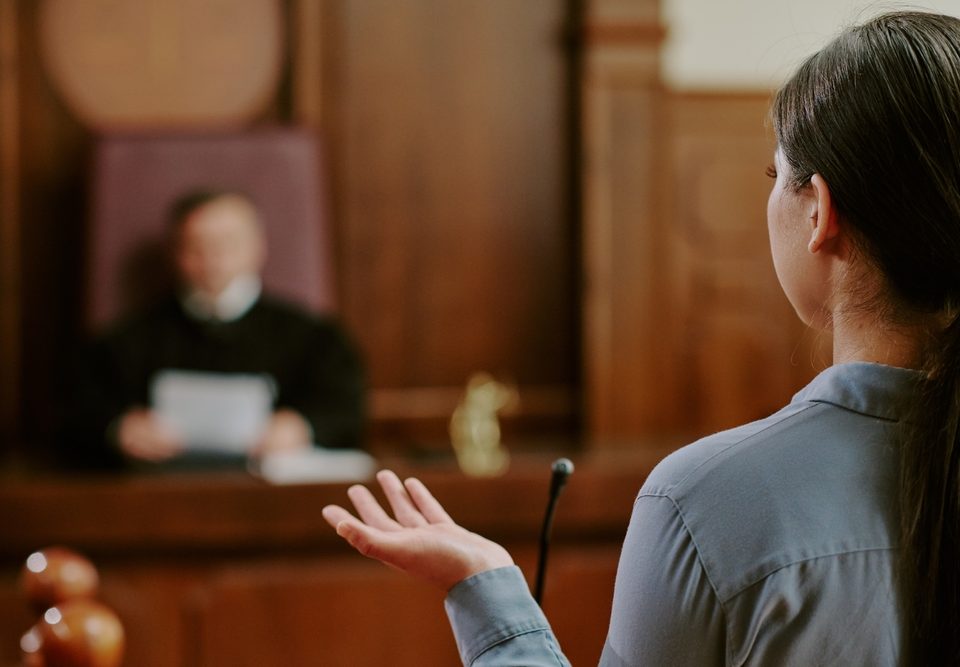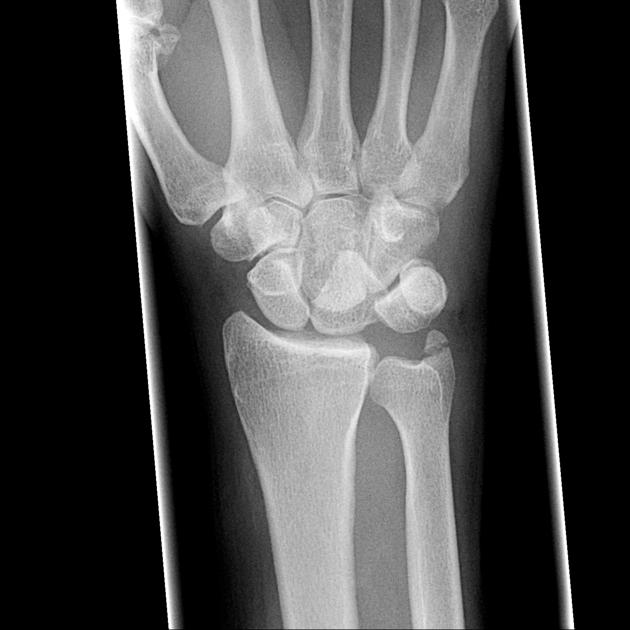
Carpal bone injuries explained – fracture of the hamate and lunate dislocations
17th June 2024
Expert Witness Dilemma – Attending Medical Conferences During A Trial
27th August 2024Expert witnesses play a vital role in many types of legal proceedings in the UK and beyond. Particularly important in medico-legal cases, they can also be found in criminal courts and other areas where specialised knowledge is required to understand complex issues. Expert witness testimony can significantly influence what happens within a case and its eventual outcome. Whether this is medical evidence, forensic evidence, or economic evidence, it helps the court understand the facts of the case more thoroughly, as lay people may not have the technical knowledge to make a decision on the written evidence in front of them. Therefore, the independence of the experts is paramount in ensuring that the expert witness evidence given is completely unbiased.
What is independence in expert testimony?
Independence in giving evidence means that an expert witness has a completely unbiased objective perspective. They will base their opinions on the factual evidence they have been given and their professional expertise. They should not be swayed by personal interests, the instructing party’s interests, or any other pressures.
Essentially, their duty is to the court and the court alone. Their testimony should serve to make complex information easier for the judge and/or jury to understand and clarify any technical aspects of the evidence in front of them.
Maintaining independence as an expert witness
Expert witnesses should maintain their independence by being transparent about communication with other parties, resisting pressure from solicitors in drafting joint statements, ensuring any declarations at the end of their reports are updated, and focusing on the issues themselves rather than encouraging a solicitor to comment on Expert opinions.
Any independent expert must be honest and act with integrity. They should ensure they state their independence in any reports they compile relating to the case, complying with the rules and regulations in place. Their report must include a formal declaration of impartiality, which must be submitted to the court.
Courts are often caused to comment on the rules regarding expert evidence. For example, Mr Justice Fraser in Imperial Chemical Industries Ltd v Merit Merrell Technology Ltd emphasised the importance of adhering to the principles governing expert evidence, reiterating that if experts are unaware of their responsibilities, they should have them explained to them by the solicitors instructing them.
What happens when things go wrong?
A case from 2022 reminds us of what happens when expert witnesses fail to adhere to the rules of independence. In Brian Muyepa v. Ministry of Defence, the claimant’s carer was called as an expert witness and came under fire for advocating for the claimant. His objective assessment was said to be biased and the court went as far as highlighting the importance of independent experts while the court was in session, stating that experts should not advocate for either party. Eventually, the court rejected the expert evidence which had an impact on the result of the case.
Another case that highlights the importance of remaining independent is Zuber Bux v General Medical Council (2021). Dr. Bux was a consultant psychiatrist who failed to disclose a conflict of interest. His wife was a partner at a law firm that represented clients for whom Dr. Bux provided expert reports.
While no evidence of bias was found, this raised serious concerns, and Bux’s failure to declare led to his erasure from the medical register due to the perception of potential bias.
After all, If there are many cases where an expert is found not to have been independent, this could erode trust in our legal system, resulting in appeals and costly delays when it comes to getting justice.
The importance of independent expert evidence cannot be understated. It helps ensure the integrity of the legal system, allowing courts to reach fair and just decisions. An expert witness who is not completely independent can undermine the case’s credibility. Remaining independent is not only a matter of professional ethics but is the cornerstone of a functioning legal system.

